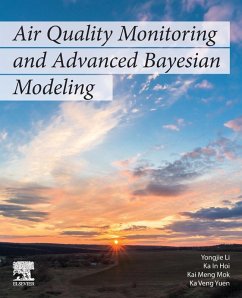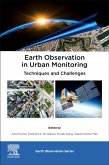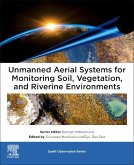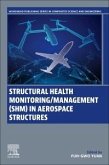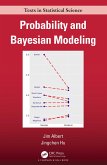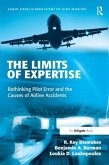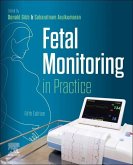Air Quality Monitoring and Advanced Bayesian Modeling introduces recent developments in urban air quality monitoring and forecasting. The book presents concepts, theories, and case studies related to monitoring methods of criteria air pollutants, advanced methods for real-time characterization of chemical composition of PM and VOCs, and emerging strategies for air quality monitoring. The book illustrates concepts and theories through case studies about the development of common statistical air quality forecasting models. Readers will also learn advanced topics such as the Bayesian model class selection, adaptive forecasting model development with Kalman filter, and the Bayesian model averaging of multiple adaptive forecasting models.
Hinweis: Dieser Artikel kann nur an eine deutsche Lieferadresse ausgeliefert werden.
Hinweis: Dieser Artikel kann nur an eine deutsche Lieferadresse ausgeliefert werden.

